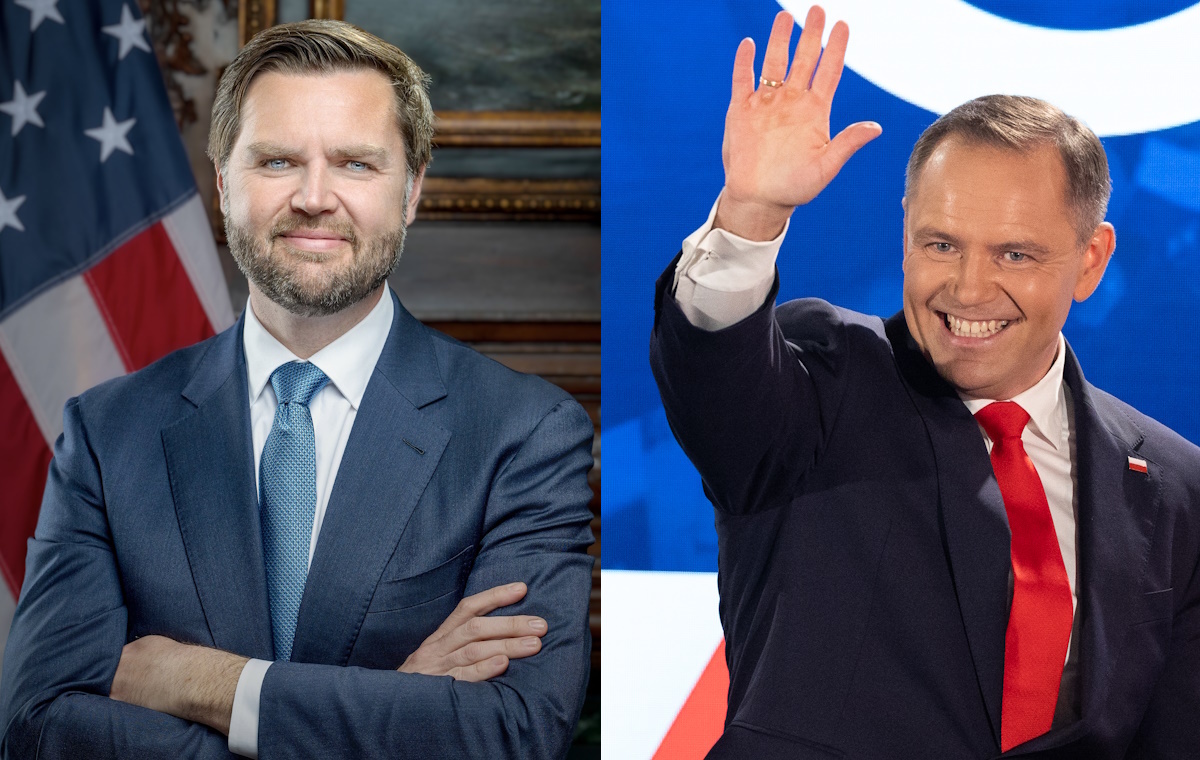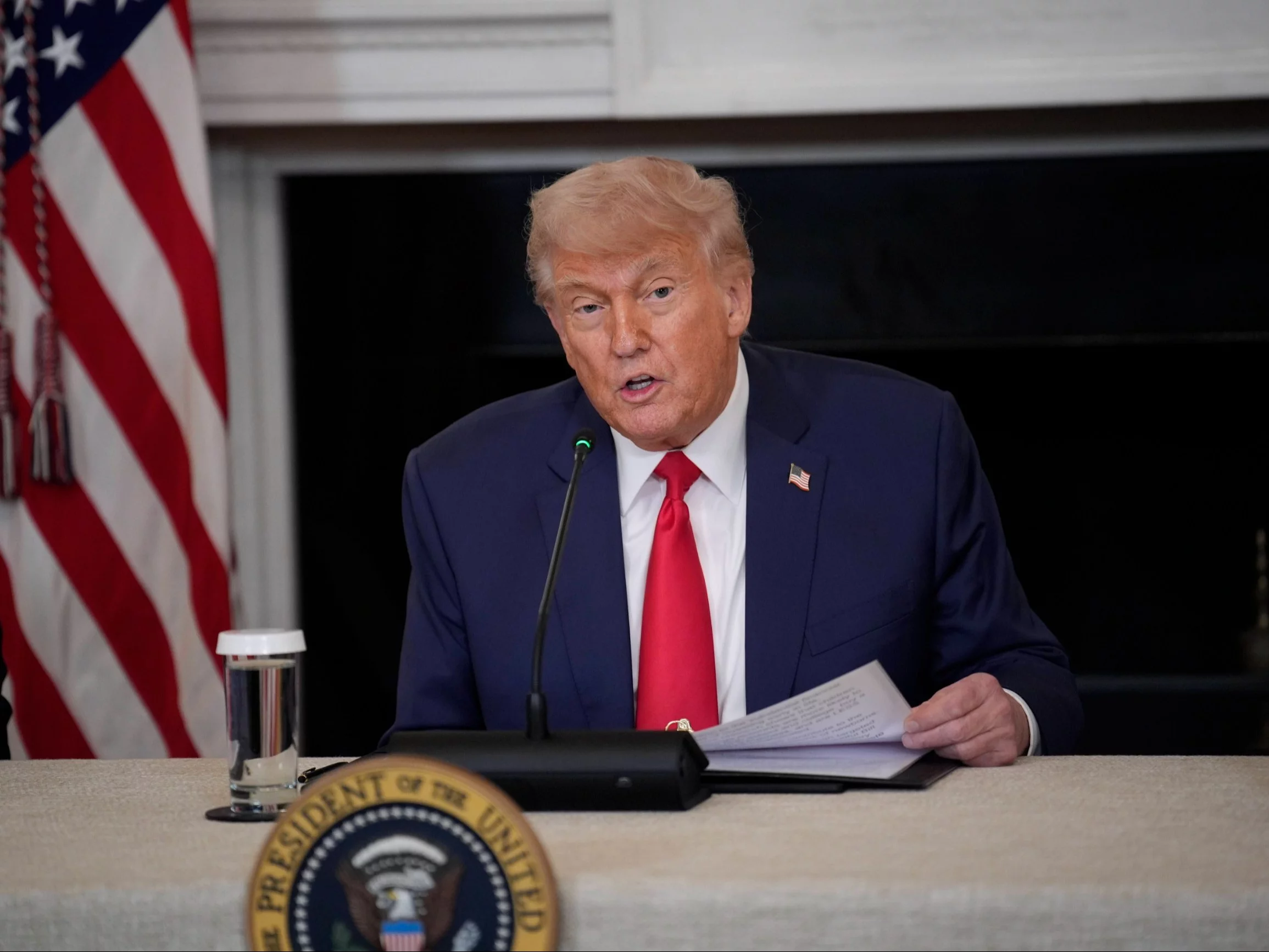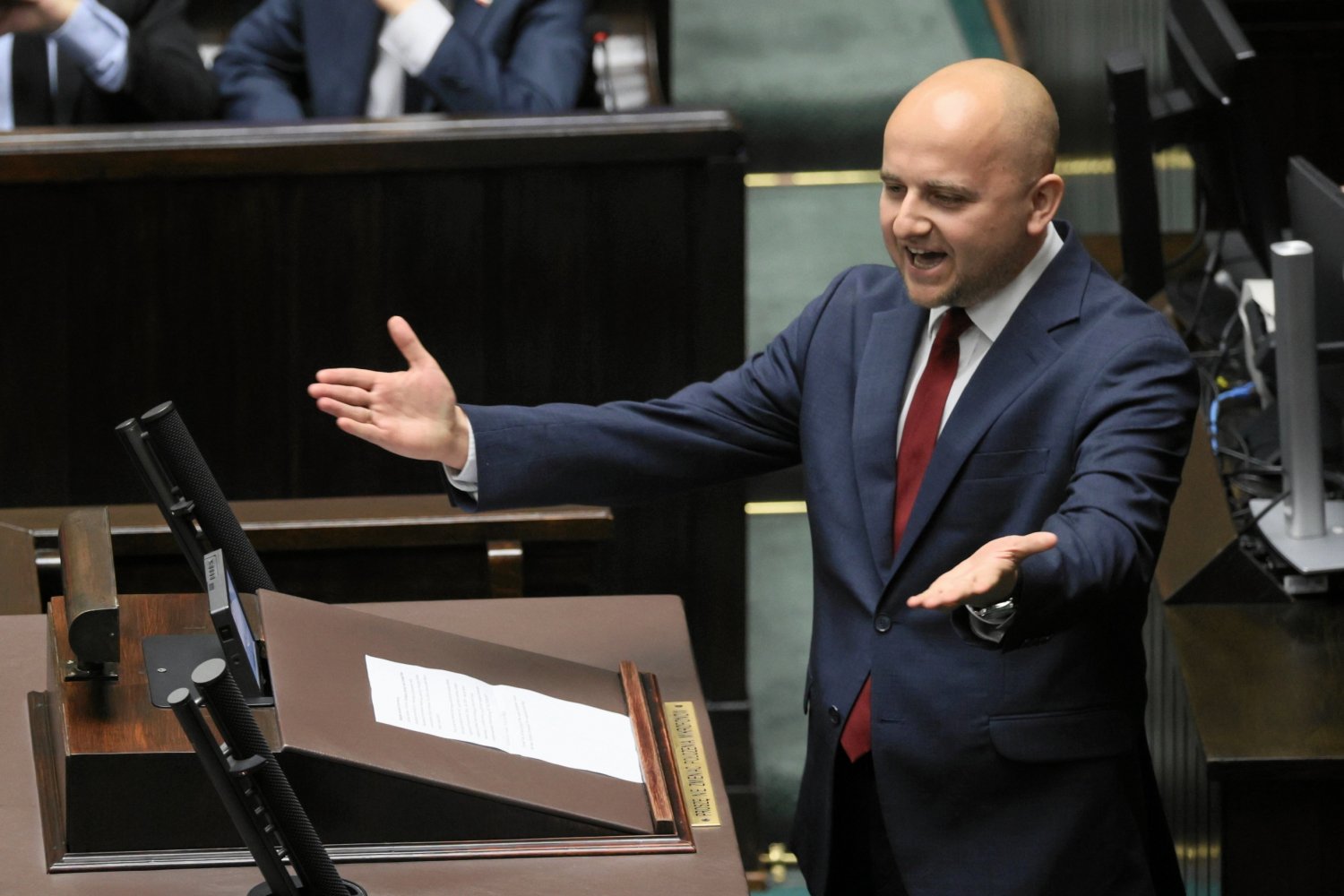
Schiff: Strong Dollar Or Exports? Pick One…
Via SchiffGold.com,
Last week, Peter joined Glenn Diesen for an interview on the post-trade deal economy. Peter takes on the myths surrounding Trump’s trade war with China, the real impact of tariffs on Americans, and where he sees the dollar heading as the world’s reserve currency. He explains why the perceived victories of protectionist trade policy are little more than marketing stunts, and warns about the risks of continued US borrowing and a potential dollar crisis.
Peter opens with his signature candor, cutting through the narratives around Trump’s approach to China and the broader trade war. He stresses that Americans have been misled about the true causes of trade deficits and the effectiveness of tariffs:
Well, first of all, Trump declared war and then surrendered and called it a victory. You know, the victory is that he saved us from ourselves, although it’s not a complete save. I don’t think we’re out of the woods. But, you know, Trump never had the cards to win the war in the first place. In the first place, I think he assessed the situation backwards. The whole trade war was misguided anyway, because the trade deficits are not the result of foreigners cheating us or ripping us off or bad trade deals.
He explains how the president’s business acumen translated into a branding exercise in the White House, rather than substantive reform:
I know he’s a great promoter. He’s a great marketer. That I’ll give him. I mean, he won the White House twice, right, so he sold the country on himself as the product. So he did a great job. And, you know, he’s a showman. He had The Apprentice, he had his hotels, his golf courses, you know, some of his other businesses. It’s all about branding, right? He brands the Trump brand. He puts the big Trump on everything, right?… I was curious – what are the lessons for China? Was anything achieved?
Dispelling a common misconception, Peter clearly lays out the economic reality of tariffs—contrary to claims made by several politicians, these taxes are paid by Americans, not by foreign exporters:
But again, the tariffs weren’t even on China. They were an inconvenience for Chinese companies. But the tariffs were on Americans. You know, the Chinese tariffs were on the Chinese. I mean, Trump can only tax Americans, and tariffs are an indirect tax that consumers pay when they buy products that are subject to the tariff. The actual tariff is paid by the importer, which is an American company. Now, if you import directly, right, if you decide to go on some Chinese site and order a product and they mail it directly to you, then, you know, when the package comes through customs, they add the tariff and you’ve got to pay it. The Chinese don’t pay it. The tariffs are paid by Americans. So it’s always been a lie. I pointed that out during the campaign.
When it comes to reducing trade deficits, Peter argues that policy makers want to have their cake and eat it too— pushing for a strong dollar and lower trade deficits at the same time, despite the fact that these aims are fundamentally at odds:
They want both. But of course, you can’t have both. The reason our trade deficits are so big is because the dollar is so overvalued. And so the only real way to make a big dent in the trade deficit is to have a much weaker dollar. I mean, that’ll do it. That’ll just make imports so expensive that Americans won’t be able to afford them, and so the imports will come down. And it will make our stuff a lot cheaper, whatever we got, and so we’ll export more of it. So a weaker dollar would do the trick, but of course the weaker dollar means much higher inflation in the US, which is why they don’t want a weak dollar.
Wrapping up, Peter warns that the current trajectory is unsustainable. With continued deficits, reliance on foreign creditors, and a dollar whose status as the world’s reserve currency is under threat, a reckoning is likely around the corner:
No, I think we’re going to have a dollar crisis and a sovereign debt crisis. I mean, that’s just how it’s going to end. We’re going to keep on living beyond our means until we can’t do it anymore. We’re going to keep on borrowing until the lenders stop lending to us. And I think we’re already on that path. The question is, how long does it take to really completely de-dollarize, to kind of sever this lifeline that we have? I don’t know. But, I mean, the process has started. And at some point, the pace is going to accelerate.
For more of Peter’s analysis on the US-China tariff deal, check out Peter’s latest podcast!
Tyler Durden
Wed, 05/21/2025 – 15:45

















